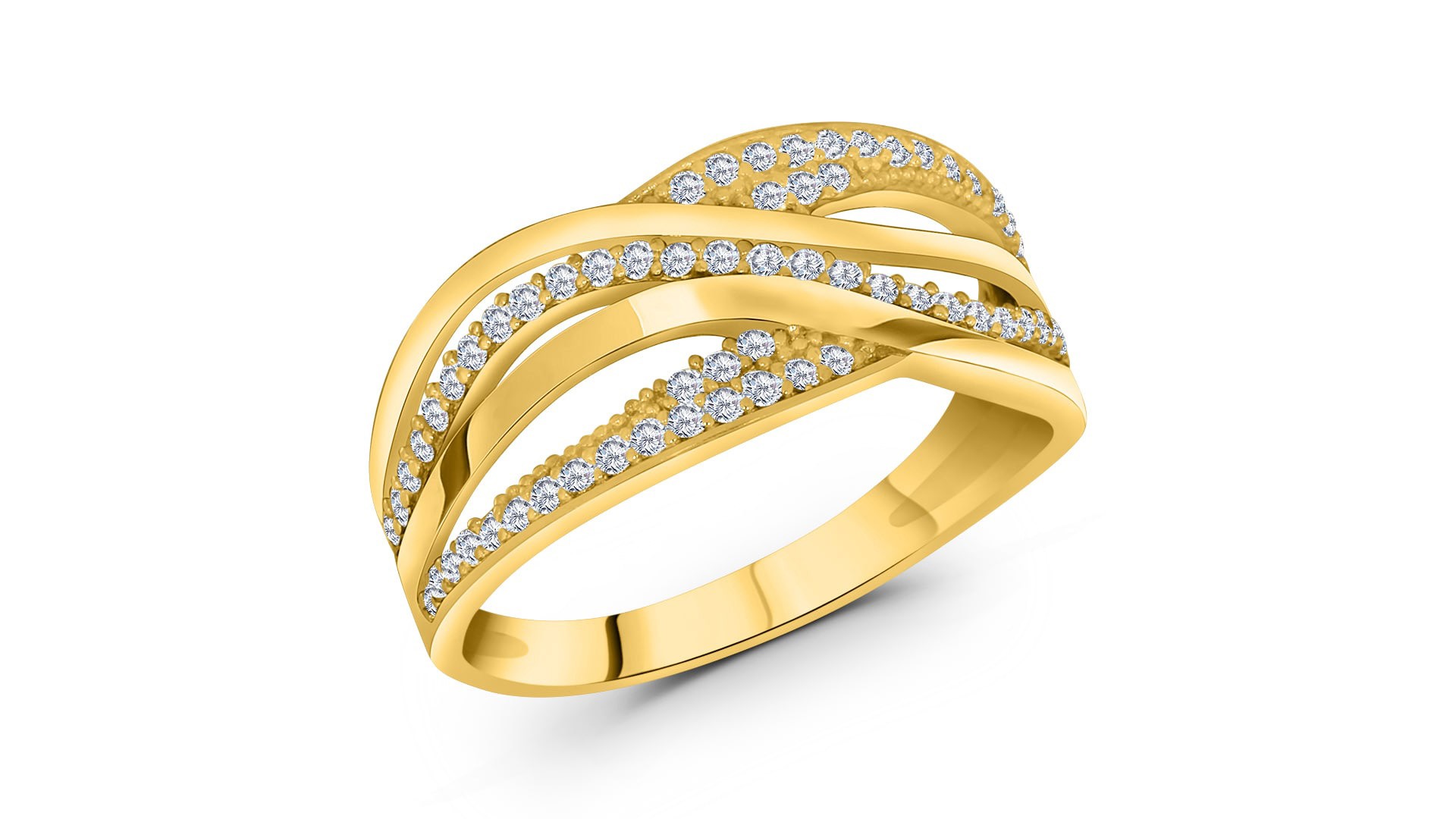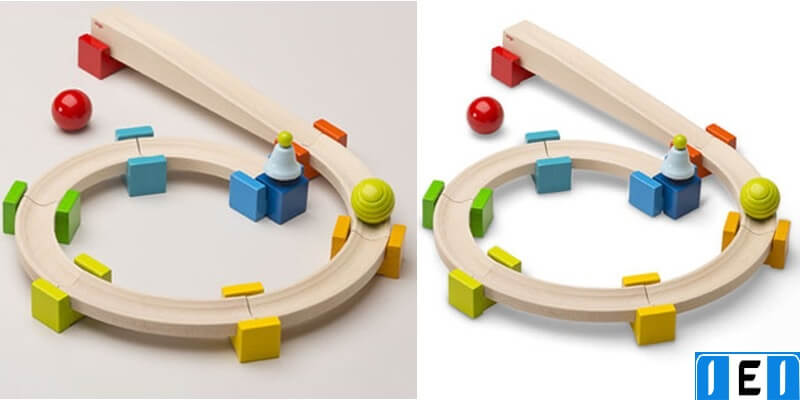Capturing the perfect photograph of a bracelet can seem daunting, but it doesn’t have to be. Whether you’re a jewelry enthusiast or a small business owner, mastering bracelet photography is within your reach. With the right tips and techniques, you can create stunning images that highlight the beauty of your bracelets. Let’s dive into the world of bracelet photography and explore how you can elevate your skills.
Introduction
Bracelet photography can be a fun and rewarding experience, allowing you to showcase the intricate details and unique designs of each piece. Whether you’re capturing images for personal use, social media, or an online store, these essential tips and techniques will help you achieve professional-looking results. By the end of this guide, you’ll have a solid understanding of how to photograph bracelets effectively, ensuring they shine in every shot.
Choosing the Right Equipment
Investing in the right equipment can make a significant difference in the quality of your bracelet photographs. You don’t need to break the bank, but having a few key items will help you capture stunning images.
Camera
A good camera is essential. While smartphones have impressive cameras, a DSLR or mirrorless camera will give you more control over settings like aperture, shutter speed, and ISO. These settings are crucial for achieving the perfect shot.
Lenses
Macro lenses are ideal for jewelry photography as they allow you to capture fine details. If you’re using a DSLR or mirrorless camera, consider investing in a macro lens to highlight the intricacies of your bracelets.
Tripod
A tripod is a must-have to avoid blurry images. It keeps your camera steady and allows you to experiment with different angles without worrying about camera shake.
Lighting Techniques
Lighting is one of the most critical aspects of photography. The right lighting can enhance the details of your bracelet and make it look more appealing.
Natural Light
Natural light is your best friend when it comes to bracelet photography. Shoot near a window during the day to take advantage of soft, diffused light. Avoid direct sunlight as it can create harsh shadows and overexpose parts of your bracelet.
Artificial Light
If natural light isn’t an option, use artificial lighting. Lightboxes or softboxes are excellent choices as they provide even lighting without harsh shadows. Place the light source at different angles to see what works best for your bracelet.
Setting Up Your Background
A clean and simple background keeps the focus on the bracelet. Choose a background that complements the color and style of your bracelet without being distracting.
Plain Backgrounds
White or neutral-colored backgrounds are ideal. They highlight the bracelet and give your photo a professional look. You can use a piece of paper, fabric, or a photography backdrop.
Textured Backgrounds
For a more creative approach, consider using textured backgrounds like wood, marble, or fabric. Ensure the texture doesn’t overpower the bracelet but adds a touch of elegance.
Using Props Effectively
Props can enhance your bracelet photography, but they should be used sparingly. The goal is to complement the bracelet, not overshadow it.
Choosing Props
Select props that relate to the theme of your bracelet. For example, a seashell can complement a beach-themed bracelet. Be mindful of the size and color of the props to ensure they don’t distract from the bracelet.
Placement of Props
Place props strategically around the bracelet. They should frame the bracelet and lead the viewer’s eye to the main subject. Experiment with different arrangements to find the most visually appealing setup.
Understanding Angles and Composition
The angle and composition of your shot can significantly impact the final image. Understanding these elements will help you create balanced and engaging photographs.
Angles
Experiment with different angles to find the most flattering perspective for your bracelet. Shooting from above, at eye level, or at a slight angle can each produce unique and appealing results.
Composition Rules
Follow basic composition rules like the rule of thirds to create balanced images. Place the bracelet off-center to create a more dynamic shot. Use leading lines and negative space to draw attention to the bracelet.
Editing Your Photos
Editing is the final step in creating stunning bracelet photographs. It allows you to enhance the image and correct any imperfections.
Basic Adjustments
Start with basic adjustments like brightness, contrast, and saturation. These tweaks can make your bracelet pop and appear more vibrant.
Removing Blemishes
Use editing software to remove any blemishes or distractions in the background. This step is crucial for achieving a polished, professional look.
Sharpening
Sharpening the image can enhance the details of your bracelet. Be careful not to over-sharpen, as this can create an unnatural look.
Common Mistakes to Avoid
Avoiding common mistakes will help you improve your bracelet photography and achieve better results.
Overcomplicating the Background
A busy background can distract from the bracelet. Keep it simple to ensure the bracelet remains the focal point.
Ignoring Lighting
Poor lighting can ruin an otherwise perfect shot. Always prioritize good lighting to highlight the bracelet’s details and colors.
Lack of Focus
Ensure the bracelet is in sharp focus. Blurry images can make the bracelet look unappealing and unprofessional.
Tips for Shooting Different Types of Bracelets
Different types of bracelets require different approaches to photography. Here are some tips for capturing various styles.
Metal Bracelets
Metal bracelets can reflect light and create unwanted glare. Use diffused lighting and avoid direct light sources to minimize reflections.
Beaded Bracelets
Beaded bracelets have intricate details that need to be highlighted. Use a macro lens to capture close-up shots that showcase the beads’ textures and colors.
Leather Bracelets
Leather bracelets benefit from soft, warm lighting that highlights their texture. A textured background can complement the rustic look of leather.
The Importance of Consistency
Consistency is key in bracelet photography, especially if you’re showcasing them online or on social media.
Style Consistency
Maintain a consistent style in your photographs to create a cohesive look. This includes using similar backgrounds, lighting, and editing techniques.
Branding
Consistent photography helps build your brand’s identity. It makes your images recognizable and creates a professional appearance.
Showcasing Your Bracelets Online
How you showcase your bracelet photographs online can impact your sales and engagement. Here are some tips for creating an appealing online presence.
Creating an Online Portfolio
An online portfolio is a great way to display your work. Use a clean, user-friendly platform that allows viewers to easily navigate through your images.
Social Media
Social media is a powerful tool for showcasing your bracelets. Post regularly, use relevant hashtags, and engage with your audience to increase visibility and build a following.
Product Descriptions
Pair your photographs with detailed product descriptions. Highlight the features and benefits of each bracelet to entice potential buyers.
Conclusion
Mastering bracelet photography takes practice and patience, but the results are well worth the effort. By following these essential tips and techniques, you can create stunning images that showcase the beauty and intricacy of your bracelets. Remember to experiment with different angles, lighting, and backgrounds to find what works best for each piece. Happy shooting!
FAQs
1. What type of camera is best for bracelet photography?
A DSLR or mirrorless camera with a macro lens is ideal for capturing detailed images of bracelets.
2. How can I avoid reflections on metal bracelets?
Use diffused lighting and avoid direct light sources to minimize reflections on metal bracelets.
3. What background is best for bracelet photography?
White or neutral-colored backgrounds are best as they highlight the bracelet and give a professional look.
4. How important is editing in bracelet photography?
Editing is crucial for enhancing the image, correcting imperfections, and achieving a polished, professional look.
5. Can I use my smartphone for bracelet photography?
Yes, smartphones with good cameras can be used, but a DSLR or mirrorless camera offers more control over settings for better results.













